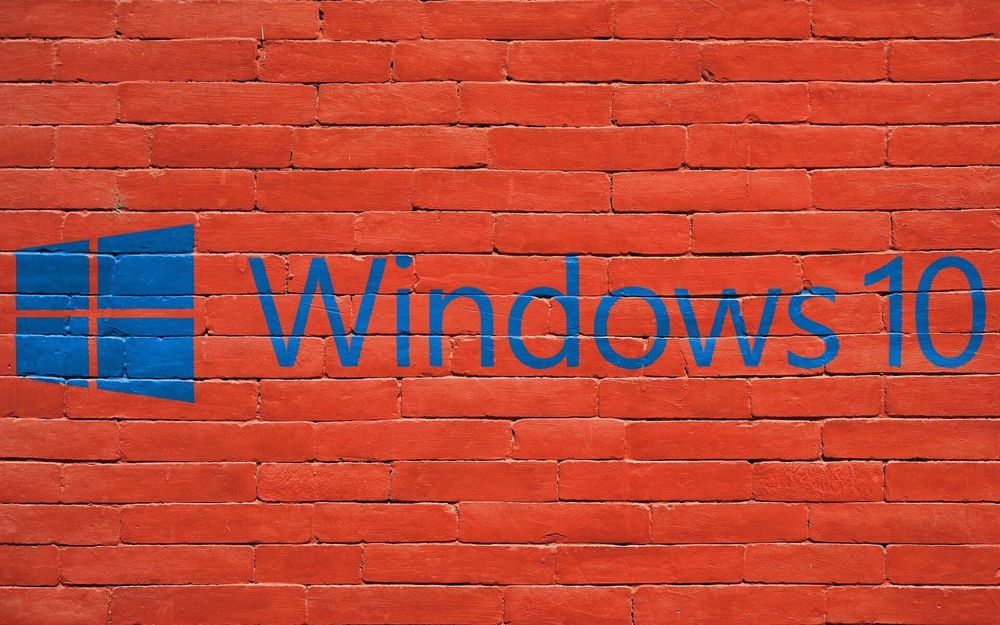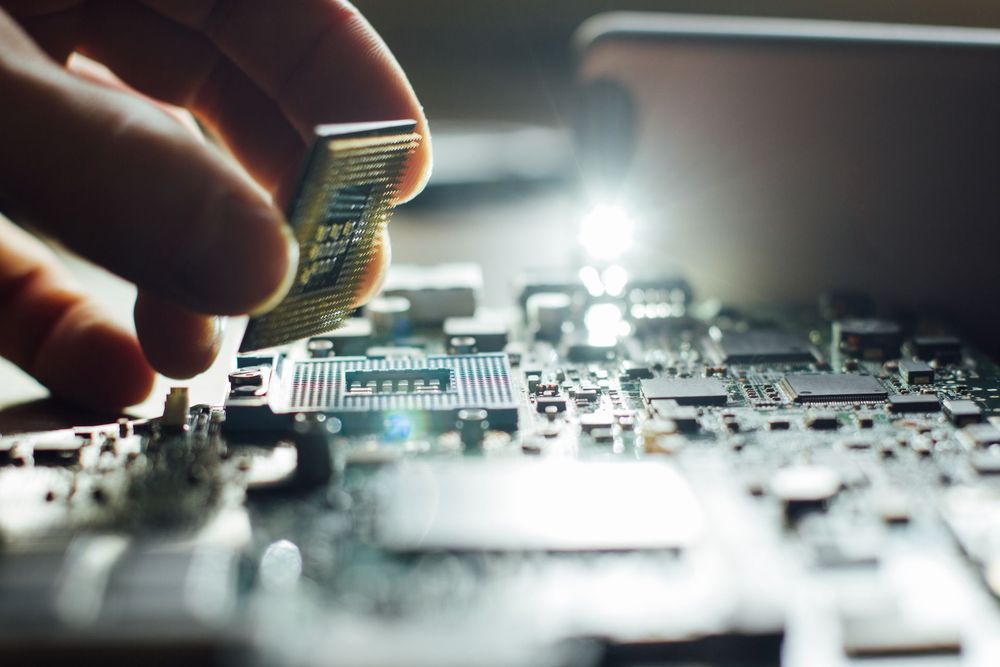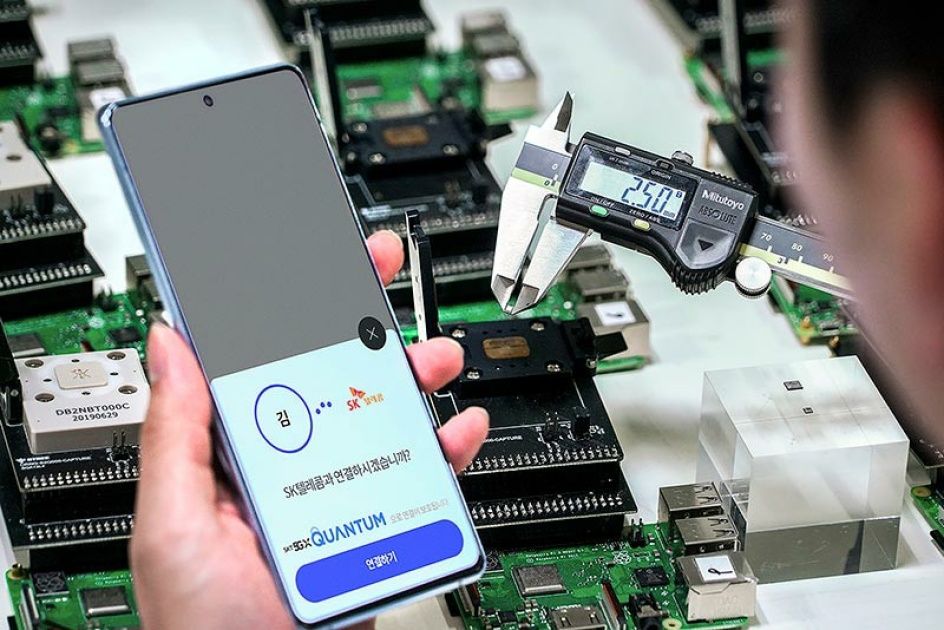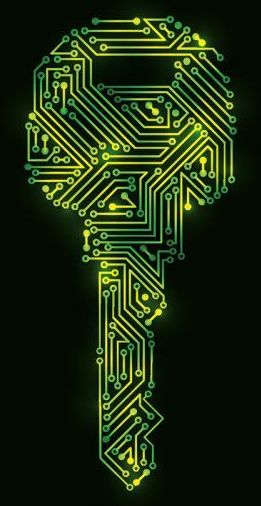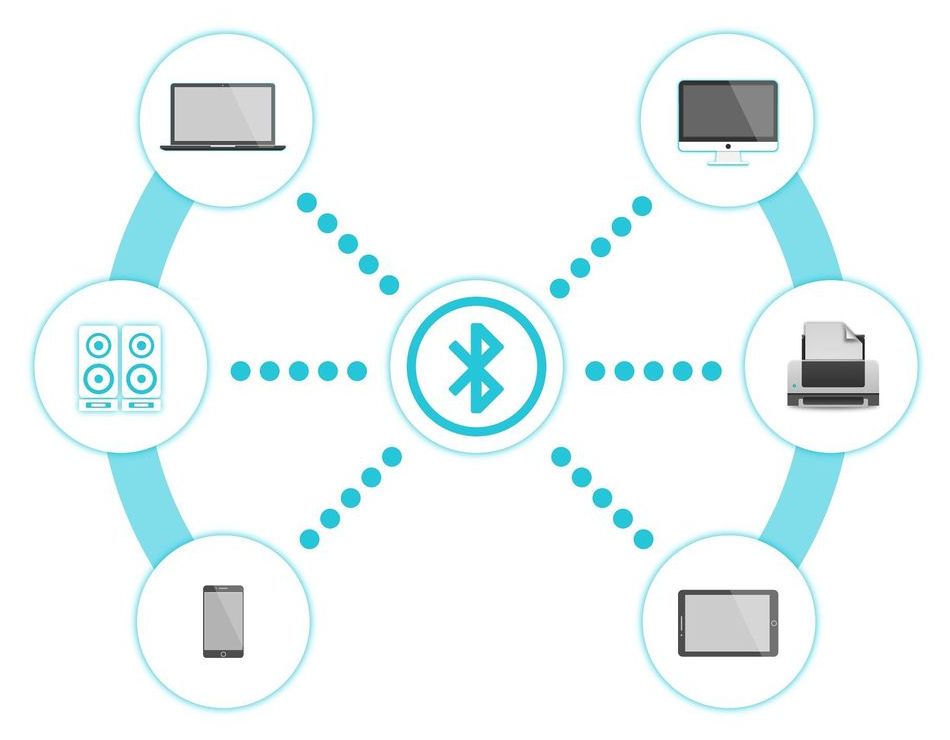Jun 10, 2020
Homeland Security warns of Windows worm
Posted by Quinn Sena in categories: cybercrime/malcode, internet
The Homeland Security’s cybersecurity advisory division is cautioning Windows 10 users of the possibility of a wave of cyberattacks due to the recent publication of an exploit code.
“Malicious cyber actors are targeting unpatched systems with the new [threat],” the agency noted on the Homeland Security web site. The agency said it “strongly recommends using a firewall to block server message block ports from the internet and to apply patches to critical- and high-severity vulnerabilities as soon as possible.”
The agency also referred concerned parties to Microsoft’s security guidance posts and notes published by the U.S. Computer Emergency Readiness Team at us-cert.gov.
